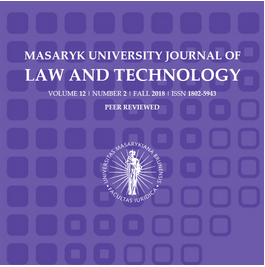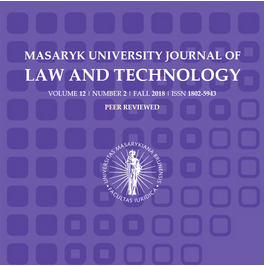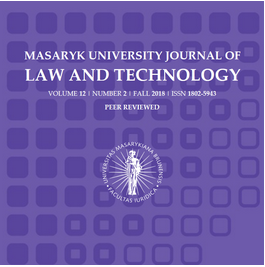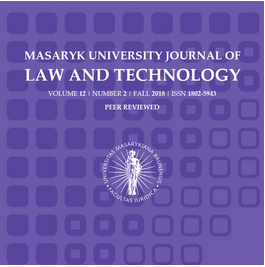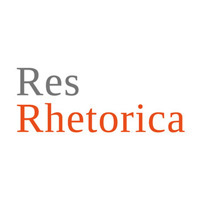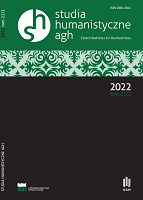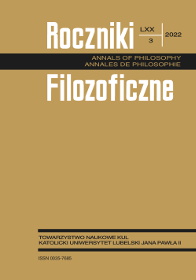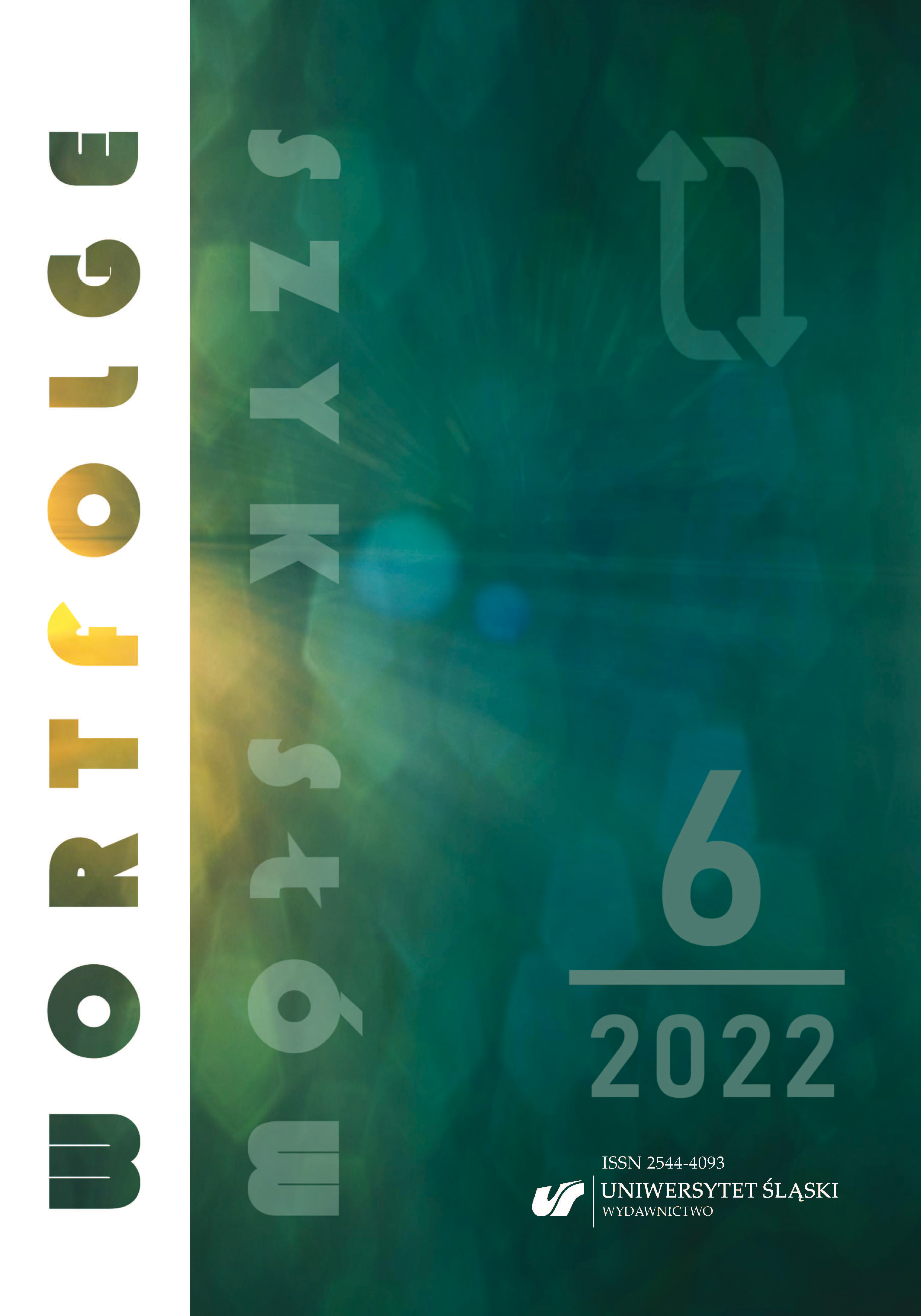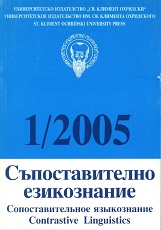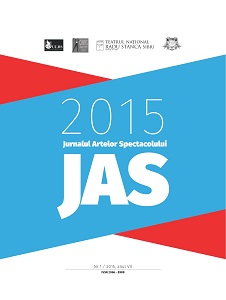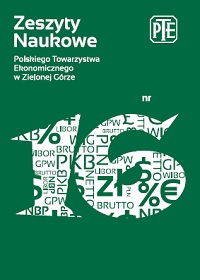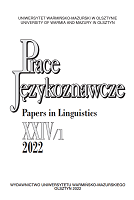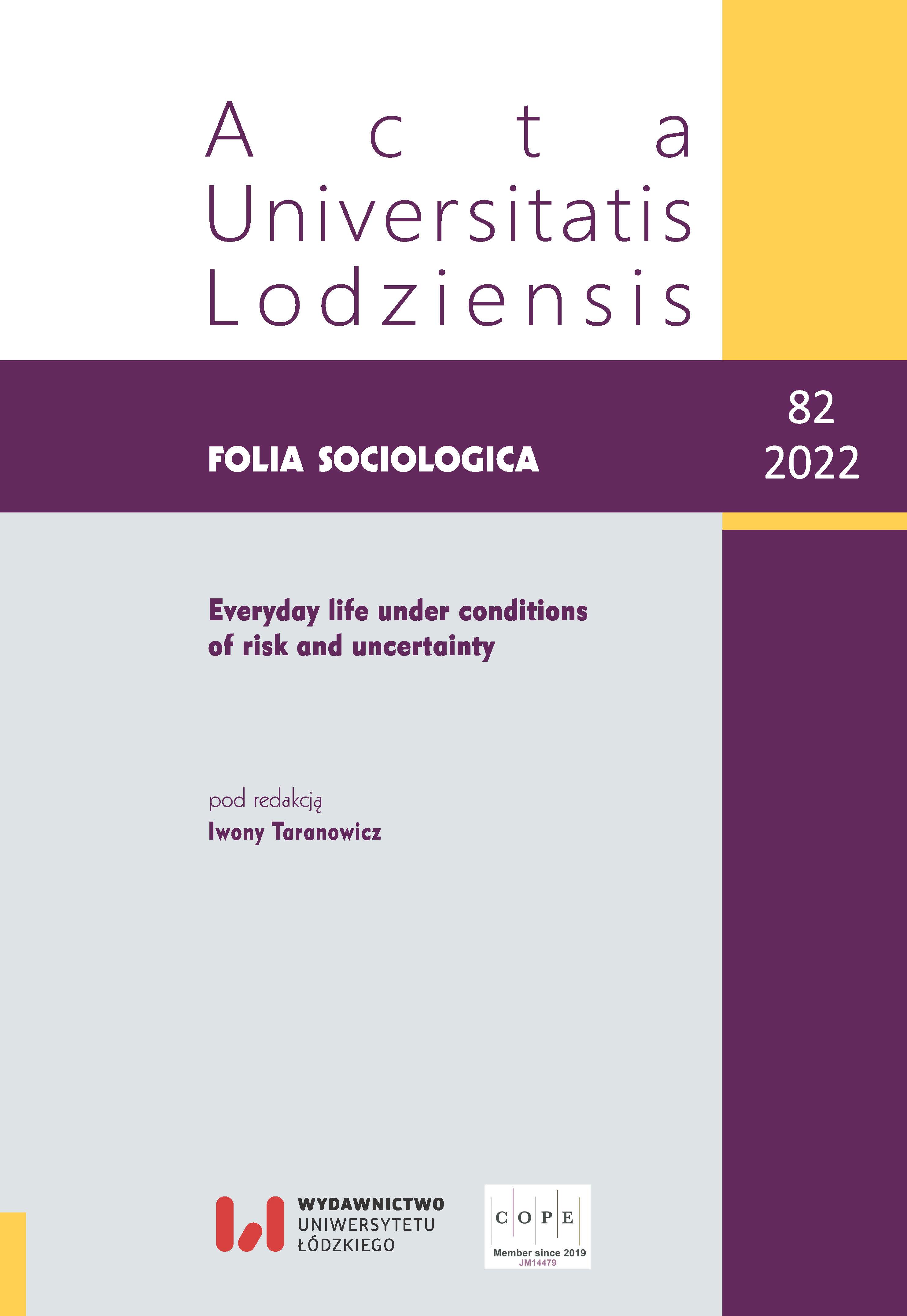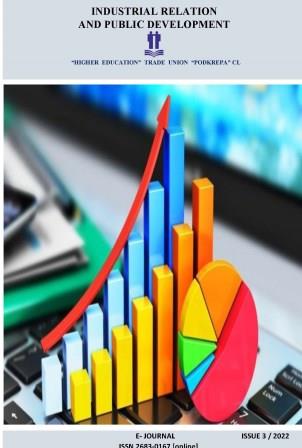Author(s): Ildiko Rudnak,Sevinur Çuhadar / Language(s): English
Issue: 2/2022
Teamwork activities are becoming significant in higher education system. Especially professors, lecturers apply teamwork activities such as group assignments, group presentations group discussion, seminars to help students comprehend lectures easily and reveal students’ leadership skills such as project planning, reflection, problem solving, team building, decision making, goal setting, time management, project management resource allocation, effective communication networking, conflict resolution, diversity awareness, and self-confidence. Universities, colleges prepare students to the business life after the graduation, In order to preparing student to their future career path, leadership skills play significant role. The more student leadership skills develop, the more students will adapt to real world situations. Teamwork activities help to improve students’ leadership skills. Students that participate group activities to collaborate their teammate’s purpose of complete the course, assignments, presentations will be having self-confident, effective communication, decision making, problem solving, conflict resolution skills so on. Students whose student leadership skills improved might have chance to be successful at their future occupations while they work as a part of team, collaborations in organizations. The purpose of this study is to provide a better comprehension of the concept of student leadership skills, teamwork activities at universities and colleges, link between teamwork activities and student leadership skills. We have done this by clarifying student leadership skills within the teamwork activities context identifying the idea of relationship based on project planning, reflection, problem solving, team building, decision making, goal setting, time management, project management resource allocation, effective communication networking, conflict resolution, diversity awareness, and self-confidence skills based on past studies in the literature.
More...
